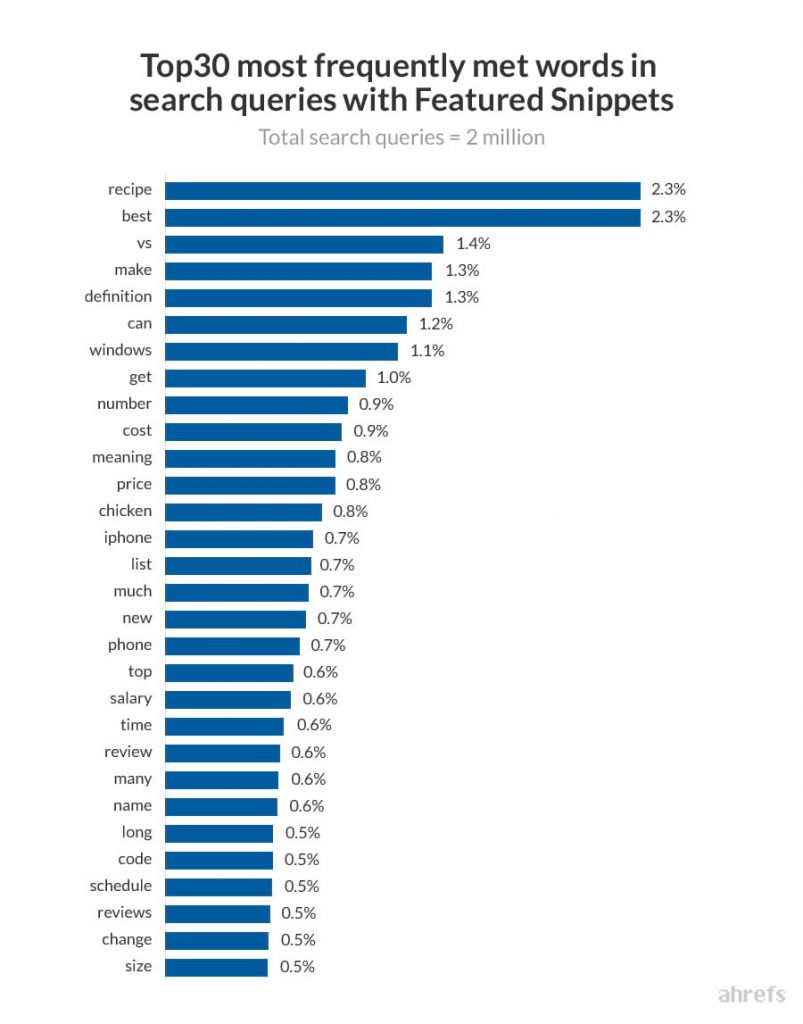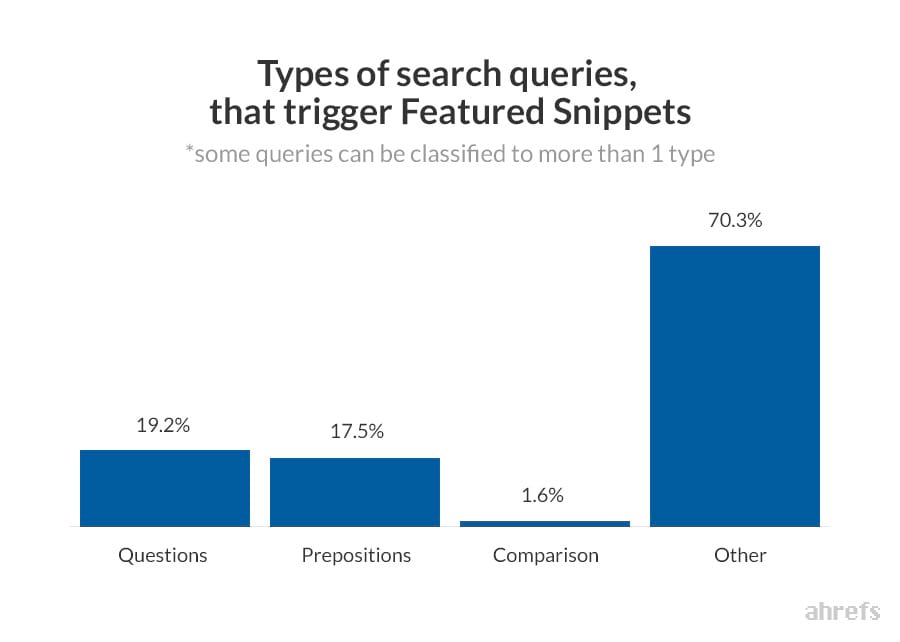I was once heavy into structured data and schema while internal at my first agency – but it’s hard to know when to go full steam ahead with it and when it’s a waste.
To me it felt like a waste at the time – dozens of hours getting the itemprop just right and trying to read the brutalist-design of Schema.org.
But it was good for flexing that earning muscle.
Today I needed a refresher on the topic, and did another dive into the sources, here’s a recap and bookmark of what I found helpful today.
Best Overview Guides
This writeup by a structured data specialist, Nate Harris, is a good overview for the space – https://nateonawalk.com/
He talks about the history and gets into the weeds of JSON-LD. Probably not for beginners but a good referesher for digital marketers and web devs.
Moz has this good 2-part overview – https://moz.com/blog/structured-data-for-seo-1 – I have yet to read, but have it bookmarked.
WordPress Plugins for Structured Data, Schema, and JSON-LD
The Schema plugin has the name that checks out – https://wordpress.org/plugins/schema/– and there’s premium upgrades. But I’m not sure if it has anything more than Rankmath does.
Rankmath – https://wordpress.org/plugins/seo-by-rank-math/ – sprung up in 2019 and has been winning a lot of converts. I love the FAQ Schema feature – https://rankmath.com/blog/faq-schema/ – included free. Right now Rankmath is all free and does everything Yoast WordPress SEO does. FAQ schema seem to come and go in the SERPs, but probably a good idea to build in for semantic understanding benefits regardless.
Yoast WordPress SEO – you’ll get some basics, but expect to pay a premium for upgrades.
The SEO Framework – https://wordpress.org/plugins/autodescription/ – was recommended by Nate Harris. Have tested a bit but don’t know a ton. I’d probably lean towards Rankmath anyways.
Featured Snippets
Featured snippets are not directly tied to structured data and but they come up in the same conversation. Featured snippets can be had by simply answering the question succinctly, or including a table when the query wants it.
I found this Ahrefs article useful: Ahrefs’ Study Of 2 Million Featured Snippets: 10 Important Takeaways It’s more of a meta study of the landscape, so not super actionable in the meta study part, but helpful tips towards the end.
One cool nugget is a link to a text file with the top 100+ featured snippet grabbing URLs – https://ahrefs.com/blog/wp-content/uploads/2017/04/Top100_URLs_by_featured_snippets.txt
The quick summary on how to get featured snippets?
There are three simple ways to do it:
1. Your content should be awesome and up-to-date;
2. Try to provide both the question and the answer on your page (make sure both are short enough to fit the “box”);
3. Match your content to the current format of the snippet (paragraph, list, table, image).
Here’s a great post by Richard Baxter that shows this strategy in action: Optimising for Google’s Quick Answer Box.
These two charts are helpful for high-level understanding. I’m sure most of us have seen the overly long recipe articles out there. We know those recipe bloggers are battling it out in the SERPs!

We can also see the types of phrases that trigger featured snippets most:

I find structured data fascinating for the fact that it’s a way of understanding language and the world, standardized for many different search engines, platforms, and likely ML, AI, voice search, etc.
I find the implementation very boring when there’s not a clear benefit at stake. I don’t want to go itemproping or hand writing JSON-LD for an about us page when there’s no clear benefit.
But if you can apply structured data to a ton of your product pages at scale and instantly surface new features in the SERPs, it an be one of the highest ROI things you can do in SEO! Maybe…it always depends.